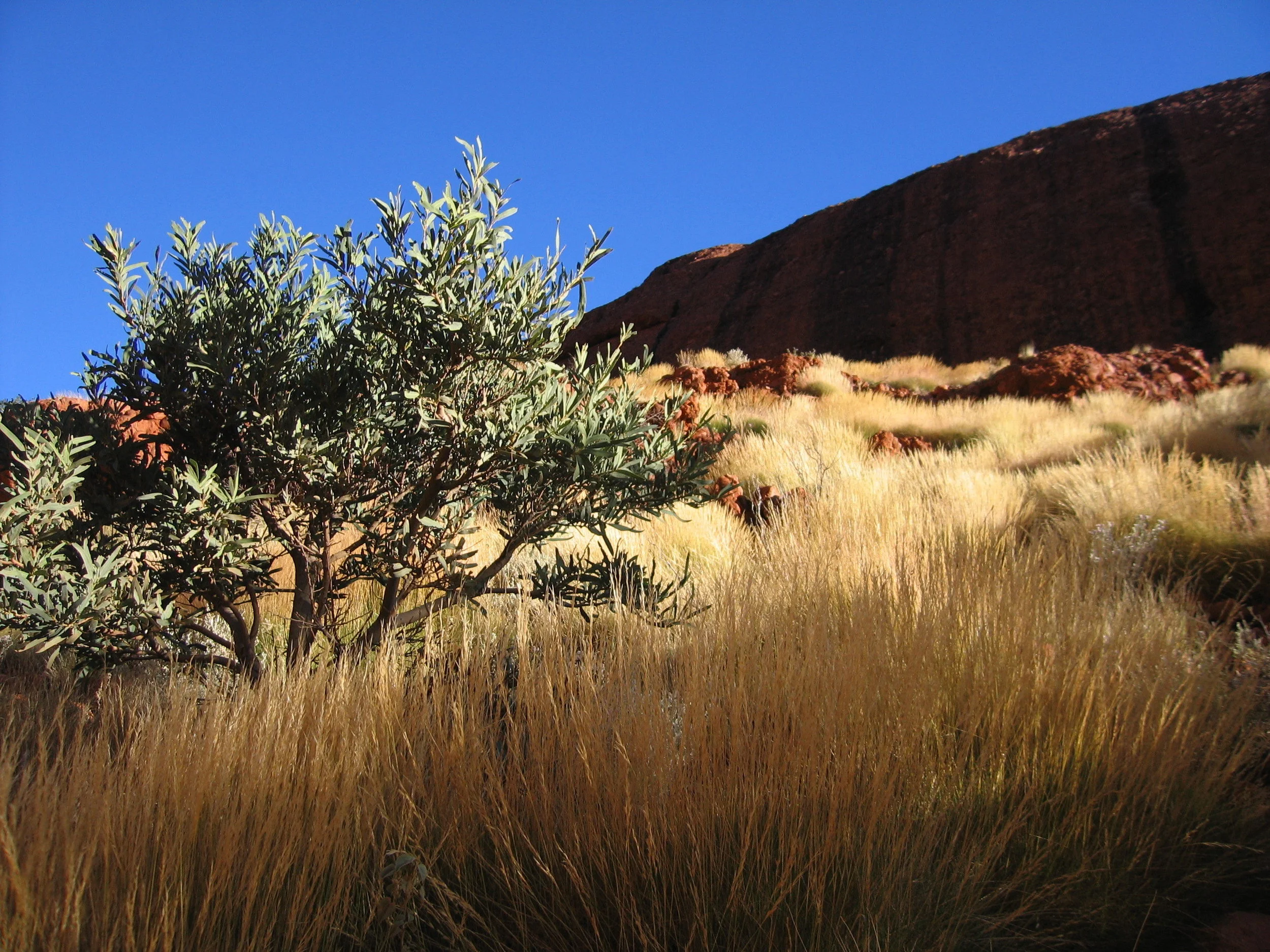Photo by Greg Rosenke on Unsplash
Has it only been a week since our last wrap up? Well, what a week it has been:
The Big Ugly Bill was signed by the President on July 4th. According to nonpartisan analysis, “cuts to federal health care spending of this magnitude are likely to have consequences for hospitals and could lead some to lay off staff, offer fewer services, or close altogether. On top of that, with nearly 12 million people projected to lose health insurance, many would have a harder time affording needed care.” All this to give millionaires tax breaks they don’t need and supercharge ICE to disappear millions of people who have not been charged with any crimes.
The dismantling of USAID and the majority of US foreign humanitarian efforts could result in the loss of an additional 14 million lives in the next 5 years, including 4.5 million children under the age of 5, according to the article published in The Lancet.
The Intercept has published the full commencement speech of Harvard’s Divinity School graduate Zehra Imam after the school refused to do so when she went off-script, centering the experience of Palestinians. “There are no safe zones left in Gaza after 600 days and 77 years of genocide,” Imam said in her commencement speech in May. “I center these students with urgent desperation because time is running out — no meaningful aid has entered Gaza since March 2, and this is on our account. I center Palestine today not just because of its scale of atrocity but because of our complicity in it.”
The administration suspended and is investigating ~140 EPA employees who spoke out publicly against the treatment of federal employees and how the agency is handling climate change and public health.
The Trump administration’s policies & actions will result in an additional 7 billion metric tons of greenhouse gas emissions by 2030.
And first responders are still searching for missing people as the number of people killed by flash floods in Texas grows, the people in charge pointing fingers at each other, as the president golfs. Our anger is only surpassed by the grief we feel for all the victims and their families.
Finding hope at this moment is hard but absolutely necessary. We must contest every harm and every loss. We must cede nothing.
take action
Support the EPA public servants’ declaration of dissent.
Join We Hold These Truths, an effort to connect people across political silos, professional sectors, and communities to uphold democracy and the rule of law.
If you’re in Washington DC on July 8th, go check out the Science Fair of Cancelled Grants
Weekly win
High Court in India affirms trans women are women
US medical societies sue RFK and HHS over decision to stop recommending vaccination
check it out
Okay, here is what we are going to do (according to Ayana Elizabeth Johnson)
How to live open-heartedly within the duality of a world radiant with beauty and capable of bone-chilling cruelty and brutality (and all other great works from The Marginalian blog from Maria Popova).
pods in action
The 500WS Corvallis Pod hosted a Tap Talk last night “Stop living through screens and start living with the land” 👏🏻👏🏻👏🏻
perennial reads
In the latest Science is For Everyone blog, Terry writes about effectively to confronting all the feelings of being a scientist and educator in this time of authoritarianism.
“Lesser of two evils? Our fight is against both, no matter how we vote” by Viet Thang Nguyen - published before the 2024 US election, this framing continues to resonate.
The anti-autocracy handbook: a scholars’ guide to navigating democratic backsliding by Lewandowski et al. provides context for what is happening in the US and across the globe and sets out a framework for action based on personal risk level—low, medium, high, or extreme.
book nook
“One Day, Everyone Will Have Always Been Against This” by El Akkad “One day, when it’s safe, when there’s no personal downside to calling a thing what it is, when it’s too late to hold anyone accountable, everyone will have always been against this.”
“Imagination: A manifesto” by Ruha Benjamin is a proclamation of the power of our imagination and an invitation to build new mental models that are free of the tyranny of today’s dominant narratives
… by the way
The US measles outbreak spread is hitting 33 year high
🙃
Women climate scientists are connected, productive, and successful but have shorter careers. Martin et al. 2025 PNAS
“Well, shit….” - anonymous woman climate scientist


